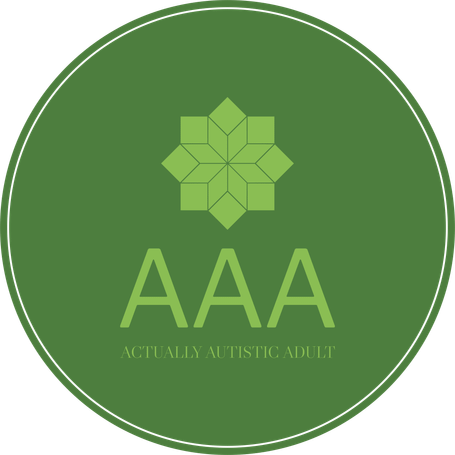About me
I was diagnosed at 35 and like many late-diagnosed autistic people, have struggled to get on with the world despite putting in a lot of effort. Decades of masking, camouflaging, and attempting to deal with mental health problems with techniques designed for people with a different neurology have left me feeling lost and with a pretty rubbish sense of who I am.
After a varied career with lots of roles in various industries physical and mental health have forced me to reconsider and reconfigure my life. I am a neurodiversity trainer, creating and delivering neurodiversity training in workplaces (in person and online). I am involved in research, training development, advocacy and consultancy.
I am also passionate about the provision of mental health services which work for autistic people which is an area I hope to explore in the future. I write about autism (and other things) on Quora and am on the National Autistic Council's Autism insight panel.
I regularly participate in research studies through the Autism Centre of Excellence at Cambridge, and I am an ally with the non-speaking community through the I-ASC Spellers and Allies group. In 2024 I hope to be trained to deliver their presentations to increase understanding and acceptance of different forms of communication - #EndCommunicationDiscrimination.
You can watch my story on the Women on the Spectrum interview series here, or for a longer listen, my podcast with My Trauma Is Chronic But I Am Iconic here.

Education and Courses
I have done the following training and courses on Autism and neurobiology:
Open University: Understanding autism - 2022
National Autistic Society 6 module support course - February 2022
University of Chicago: Understanding the Brain: The Neurobiology of Everyday Life (10 weeks) - August 2022
Durham University: Triple A In the Classroom short course - June 2023
University of Geneva: A Life With ADHD (5 weeks) - in progress October 2023
* I use the term "actually autistic" because society still perceives autism to be something that only applies to young boys. I am often met with incredulity when I disclose my diagnosis. The vast majority of the autistic community accepts self-diagnosis as valid because most of us understand that a diagnosis isn't accessible to everyone (for reasons such as cost, provision or service, backlash and problems arising from having such a diagnosis made formally, family dynamics and more). I am only formally diagnosed because I could afford to pay for a private diagnosis with a professional specialising in diagnosing autistic women and girls. If my situation was different, I wouldn't be any less autistic. I support self-diagnosis, and I do not agree with gatekeeping the community and excluding those who, for whatever reason, do not have a formal diagnosis. I am happy to answer questions and signpost to online assessments and places that can give a formal diagnosis if that is something you are seeking.
We need your consent to load the translations
We use a third-party service to translate the website content that may collect data about your activity. Please review the details in the privacy policy and accept the service to view the translations.
